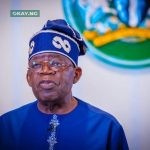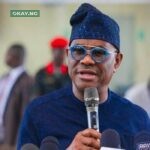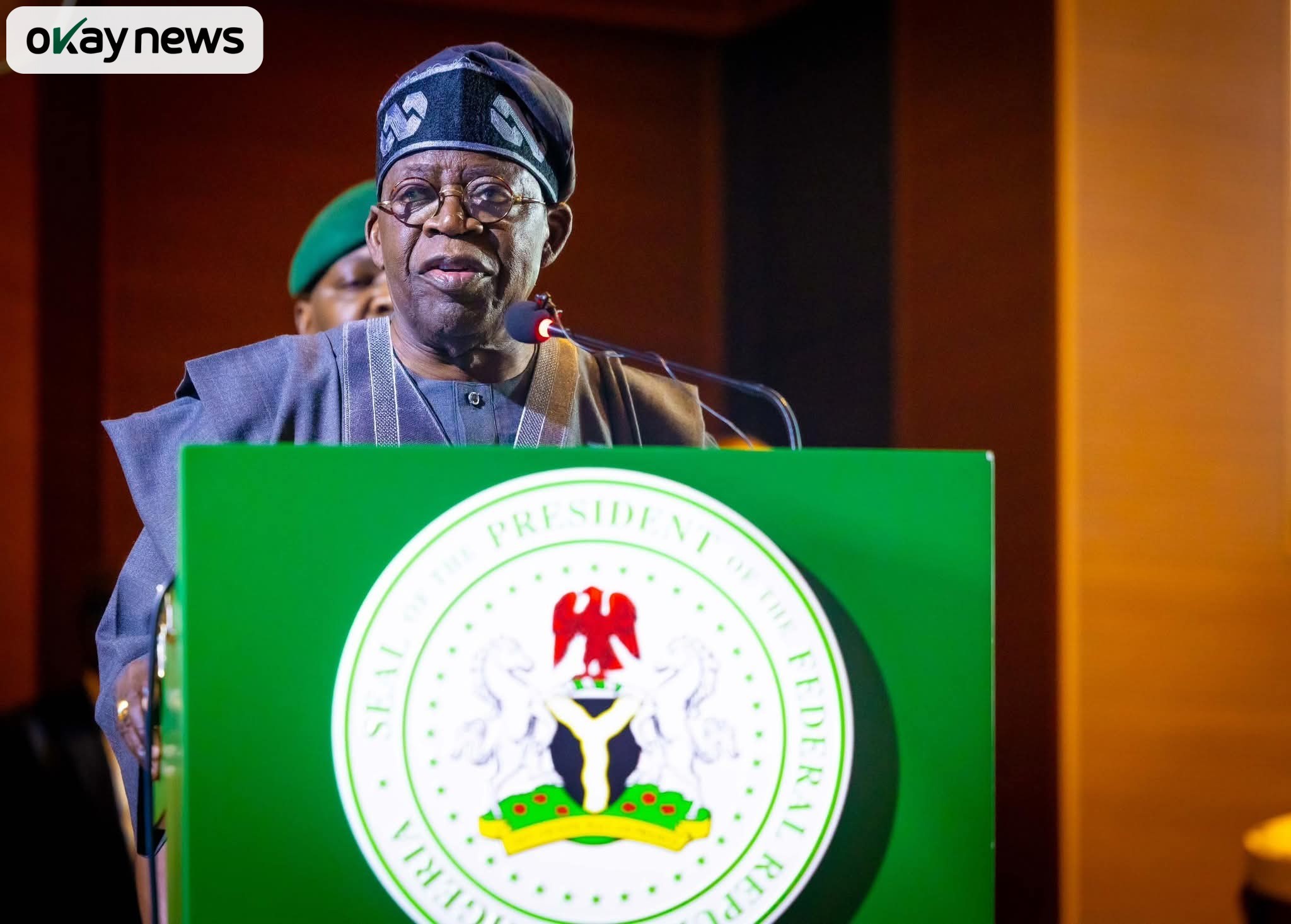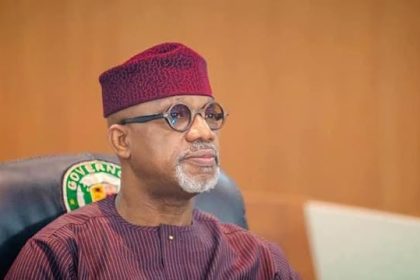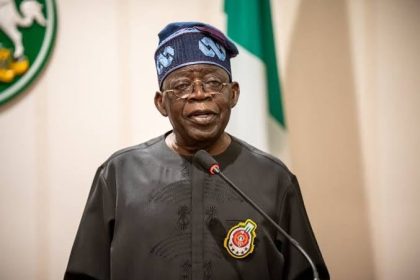Procurement bottlenecks, worsening insecurity, and rising inflation have left many Nigerian states unable to meet their capital expenditure targets for the first half of 2025, despite unprecedented revenue inflows from subsidy removal and foreign exchange reforms.
Fresh budget performance reports show that 31 states spent only N2.75 trillion on capital projects between January and June 2025, far below the N17.51 trillion earmarked for the year. This represents just 15.7 per cent performance, underscoring persistent structural weaknesses in governance.
The underwhelming spending has delayed critical projects—roads, hospitals, schools, and water supply schemes—deepening hardship for millions of citizens who expected rapid development from the windfall revenues.
In 2024, states also missed their capital goals, earmarking N11.34 trillion but recording a N3.98 trillion funding gap. Analysts say this year’s figures prove little has changed.
Capital expenditure is traditionally seen as investment in long-term growth through infrastructure and essential services. Economists argue that failure to prioritise such spending undermines economic recovery and public trust.
Tinubu’s Call for Grassroots Investment
Last month, President Bola Tinubu urged governors to focus on transformative investments.
“I want to appeal to you; let us change the story of our people in the rural areas,” the President said. “The economy is working. We are on the path of recovery, but we need to stimulate growth in the rural areas. We know the situation in the rural areas, let us collaborate and do what will benefit the people.”
Tinubu specifically asked states to channel more funds into agriculture mechanisation, school feeding, electrification, and poverty alleviation.
okay.ng reports that despite this appeal, many states continue to spend heavily on recurrent obligations, often outpacing capital allocations.
States That Performed Better
Data revealed that some states bucked the national trend.
Imo State spent N188.1bn on capital projects compared to N50.29bn recurrent.
Enugu committed 81.9 per cent of its total spending to infrastructure.
Bayelsa and Kebbi also posted strong capital performance.
Others, however, lagged significantly. Kogi, Ekiti, and Osun all spent more on recurrent items such as salaries and allowances than on capital works.
Insecurity and Procurement Delays Blamed
Governors often blamed insecurity for stalling projects. In Benue, Governor Hyacinth Alia admitted:
“The poor recorded performance is largely due to the overwhelming insecurity challenges faced by the state during this reporting period.”
Similarly, Borno and Zamfara attributed weak results to procurement delays, while Ebonyi said most projects were rescheduled for later quarters.
Experts Warn of Economic Risks
Professor Segun Ajibola of Babcock University cautioned that heavy governance costs and poor oversight at the state level have eroded the developmental impact of budgets.
Meanwhile, recurrent expenditure in the first six months hit N2.36 trillion, surpassing capital spending. States like Ogun (N157.15bn), Kogi (N133.22bn), and Oyo (N129.06bn) led the list of highest recurrent spenders.
With citizens demanding better infrastructure amid higher revenues, analysts warn that failure to reverse this trend could derail economic recovery at the grassroots.



